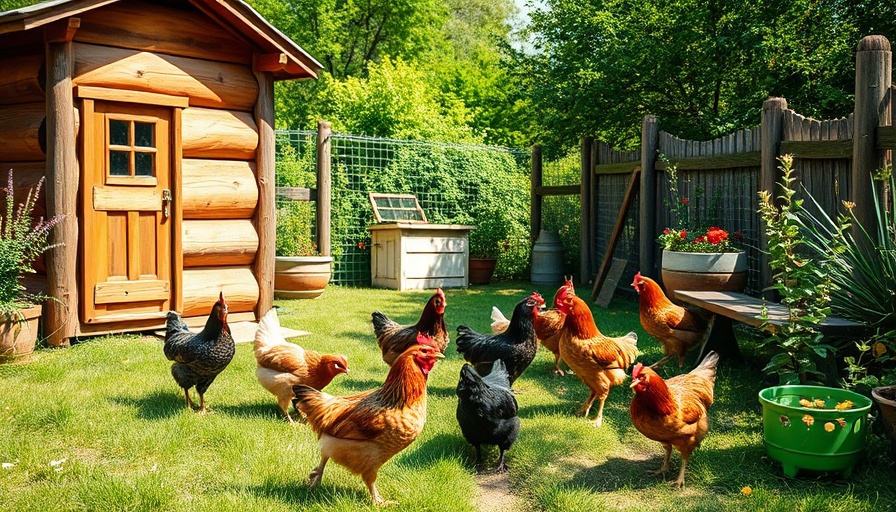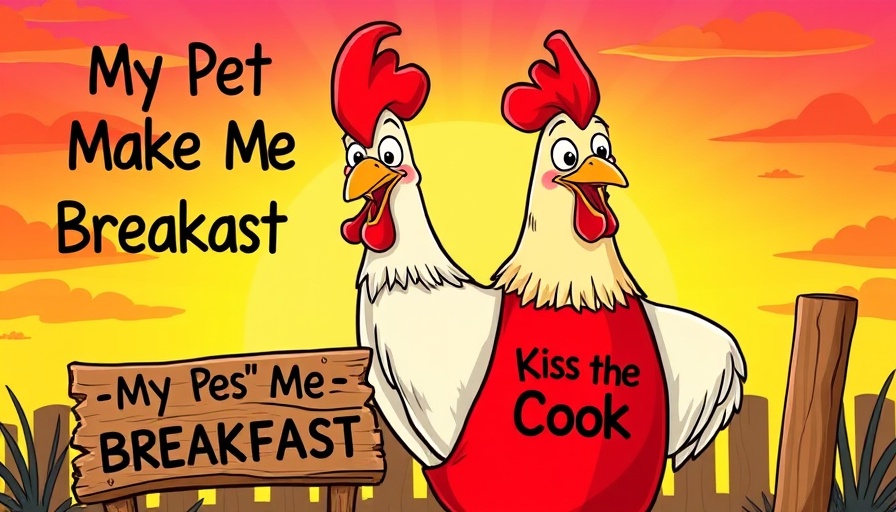
Granny's Incredible Chicken Adventures: A Tale of Tenacity and Heart
Backyard chicken raising has taken the world by storm, with families reveling in the joys of fresh eggs, the companionship of lively hens, and the connection to a simpler way of life. As documented in various reports, the experience is one of passion and dedication that extends beyond mere egg production.
The Ups and Downs of Raising Chickens
In a recent exchange from a chicken enthusiast community, a user reminisced about their comedic and somewhat disastrous first foray into raising chickens. The tale is steeped in humorous anecdotes of miscalculations and misadventures that anyone attempting to step into the realm of poultry would relate to. From keeping chicks warm in a less-than-ideal setup to the necessity of wing clipping in order to prevent chicken escapes, the challenges are numerous.
Yet, it's these challenges that form a solid foundation upon which savvy backyard farmers build their experiences. Maintaining health and wellness in a flock of chickens requires diligence, and as per insights from avian experts, feeding quality nutrients and ensuring adequate living space can make a substantial difference. A robust coop setup, reinforced against potential predators and designed with space for both nesting boxes and roosting, is crucial.
Valuable Lessons from a Bygone Era
The simplicity of raising chickens harkens back to traditional homesteading practices. Engaging in chicken rearing allows individuals a taste of pioneer life, tapping into historical roots while adapting to contemporary practices. Even with the advent of modern conveniences, the nostalgia surrounding these practices reminds us of our agricultural past, and ignites enthusiasm for self-sustainability.
Future Insights: What Lies Ahead
As backyard chicken raising continues to evolve, understanding the nuances of chicken care remains critical. With the rise of online communities and expert resources, it has never been easier for aspiring chicken owners to gain insights. Utilizing organic feeding methods, providing free-range access, and implementing safety measures for coop maintenance can lead to a thriving, healthy flock.
Those looking to join the chicken-raising movement will discover that starting small with a few well-chosen hens from reputable breeders will enhance the chicken rearing experience. Through shared stories and ongoing collaboration within communities, new chicken keepers can learn from the triumphs and pitfalls of experienced enthusiasts.
Conclusion: Join the Chicken Movement
Now is the time to dive into the rewarding world of backyard chickens. With careful planning and a dash of humor, anyone can succeed in raising their flock. If you're ready to embark on this chicken-keeping journey, gather knowledge from fellow enthusiasts, and embrace your path in avian husbandry—there's no time like the present!
 Add Row
Add Row  Add
Add 




Write A Comment